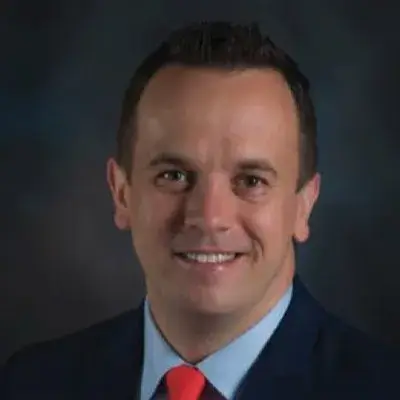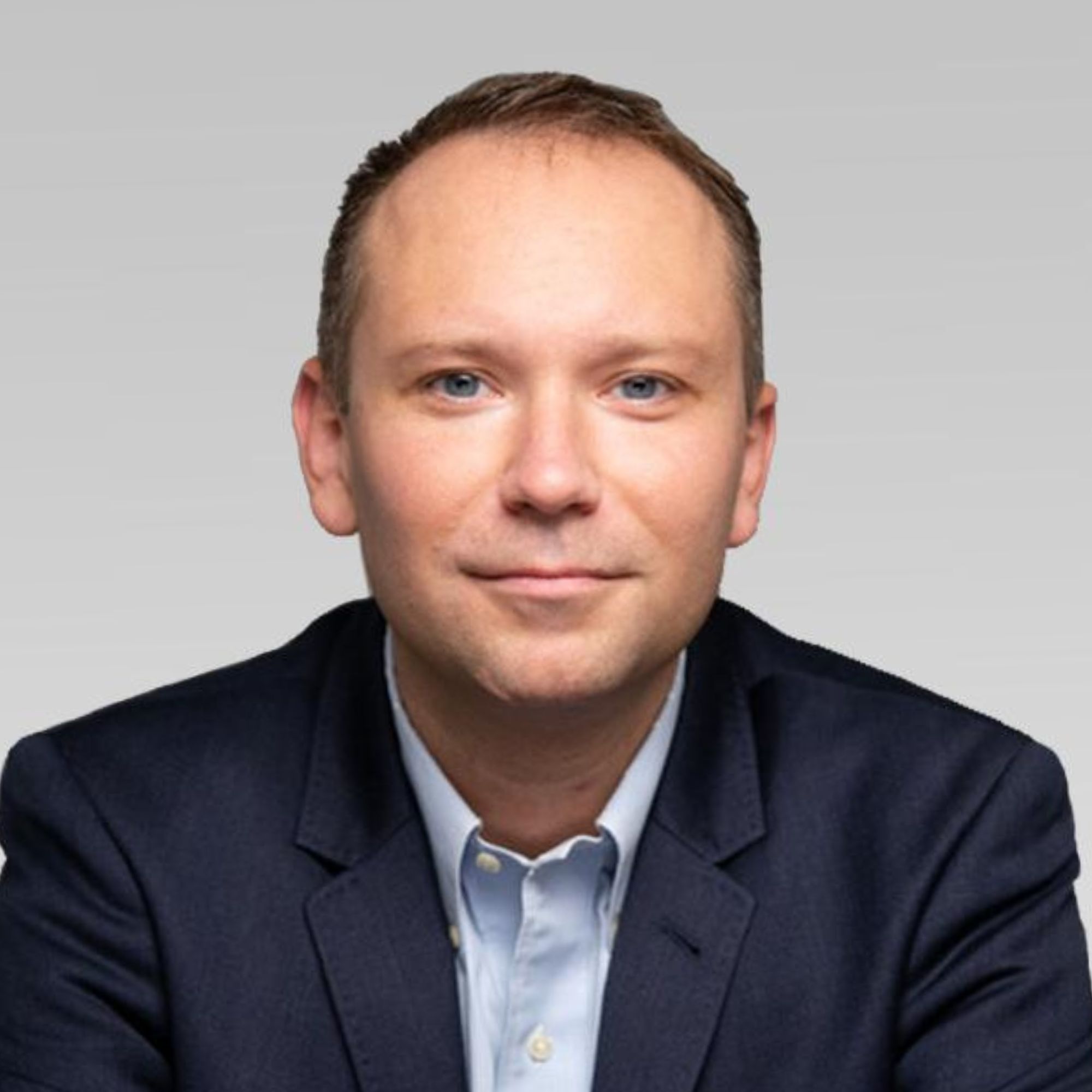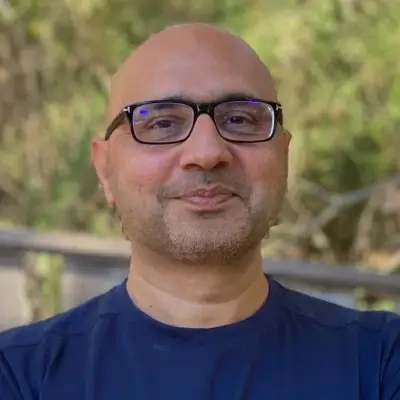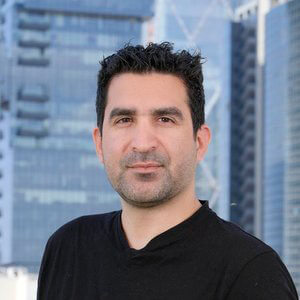We only take on 4 clients per month. Join our October cohort. 1 spot left.
Conversation
Highlights
Welcome to another episode of Category Visionaries — the show that explores GTM stories from tech’s most innovative B2B founders. In today’s episode, we’re speaking with Chris McCall, CEO & Co-Founder of Valid8, a verified financial intelligence platform that’s raised $14.8 Million in funding.
Here are the most interesting points from our conversation:
- Genesis of Valid8: Chris shared the origin story of Valid8, inspired by a high-profile Ponzi scheme investigation and the need for verified financial data.
- First Customer Journey: It took two and a half years to acquire their first paying customer due to the high bar for quality and feature completeness required by accountants and lawyers.
- Market Segmentation: Valid8’s primary markets are accounting, government, and legal, with accounting being the largest segment, followed by state and federal government clients.
- Marketing Philosophy: The company recently invested in marketing, focusing on a sage persona that delivers deep subject matter expertise to highly sophisticated professionals.
- Category Creation: Chris explained the emerging category of Verified Financial Intelligence (VFI), which ensures data quality and supports evidence-based professional opinions.
- Future Vision: Valid8 aims to drive transparency and efficiency in the financial system by reducing sample risk and enhancing data transparency, ultimately lowering the cost of capital.
Actionable
Takeaways
Invest in Quality Early:
In industries with high standards like accounting and legal, ensure your product is thoroughly developed and tested before going to market to meet the stringent requirements of these professionals.
Segment and Target Accurately:
Avoid a broad, generic marketing approach. Instead, focus on micro-targeting and delivering tailored value to specific professional segments.
Build Deep Expertise:
Engage with your market by listening and learning from professionals. Position your company as a trusted advisor that provides unique insights based on widespread industry engagement.
Understand Investor Fit:
Match your fundraising efforts to the right investors at the right stages of your company’s growth to avoid wasting time and resources.
Continuous Execution Monitoring:
Regularly review and adjust your business operations to maintain growth targets. Focus on tactical execution to ensure consistent progress towards your goals.























